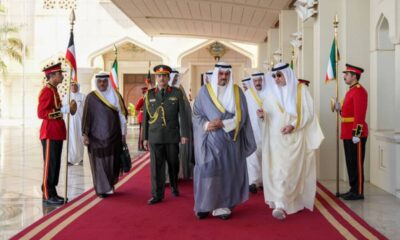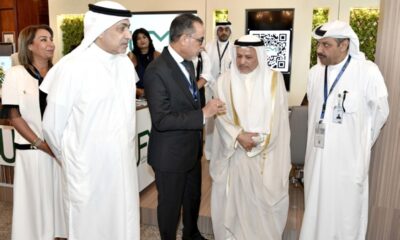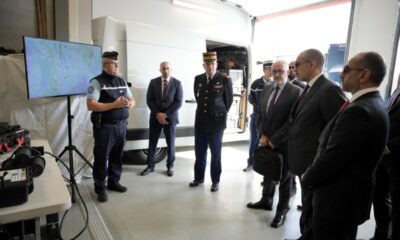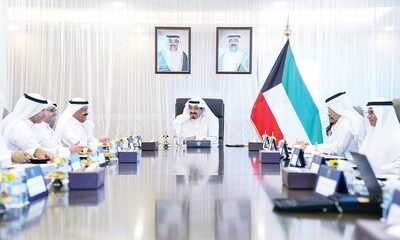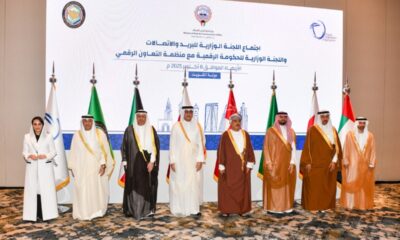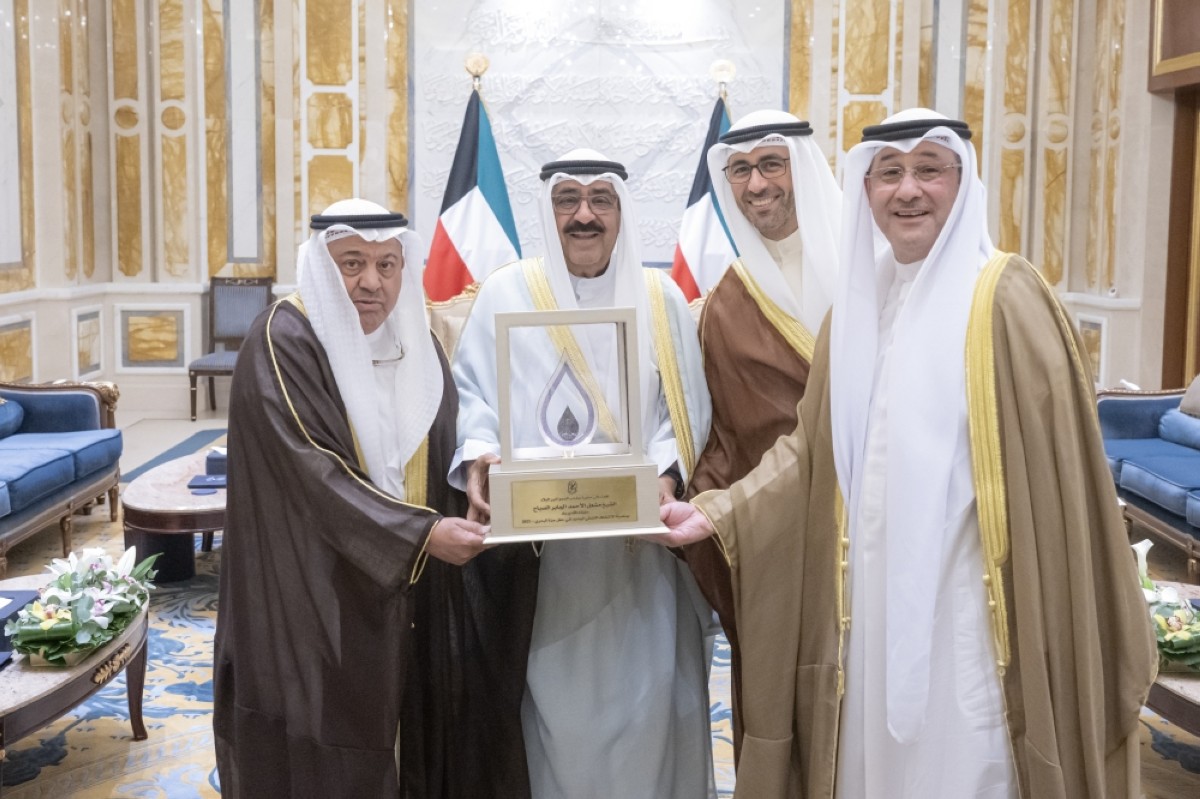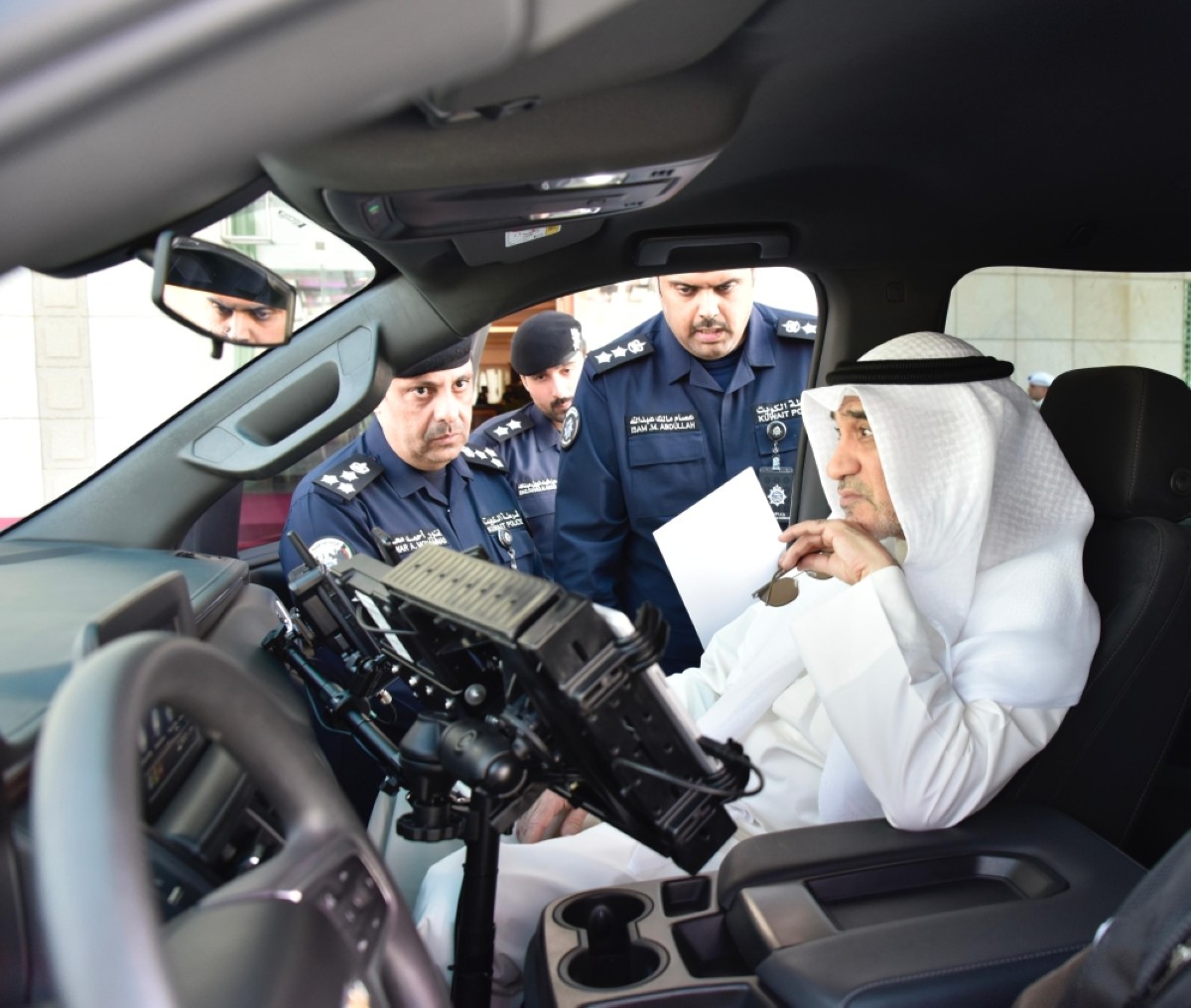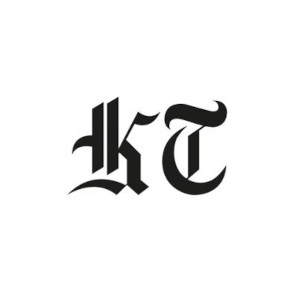Latest News
Minister discusses digital cooperation with Kenyan, Tanzanian counterparts
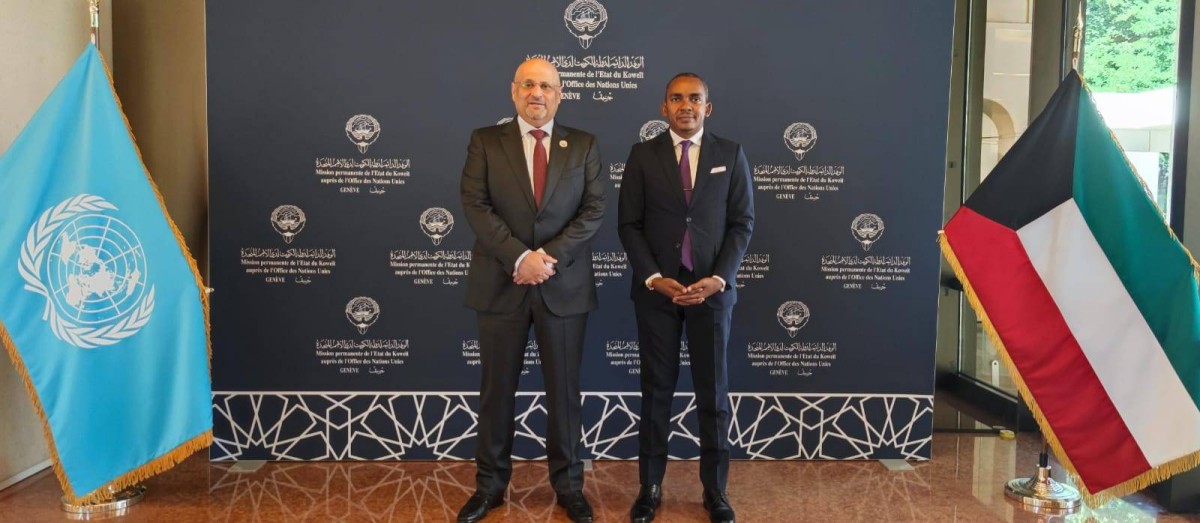
Latest News
Kuwait strikes major gas find
Latest News
MoI reviews smart security patrol
Latest News
Ministry launches electronic system to enhance radiation control at customs
-

 Politics16 hours ago
Politics16 hours agoNo Punishment Without Evidence, Acquits Man In Sorcery Case
-

 Politics15 hours ago
Politics15 hours agoHearing put off in wife murder case
-
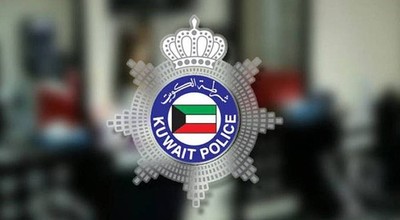
 Politics13 hours ago
Politics13 hours ago61-Year-Old Arab Expat Found Dead Inside Workplace
-
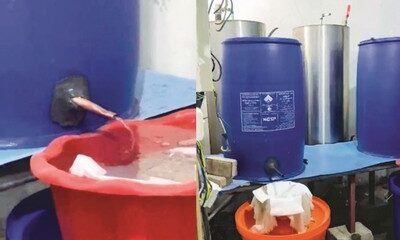
 Politics11 hours ago
Politics11 hours agoSix Asians Arrested in Abdali for Running a Liquor Factory in the Desert
-

 Business16 hours ago
Business16 hours agoCompanies and funds can own real estate in Kuwait under strict controls
-
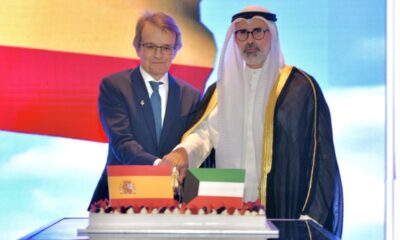
 Latest News9 hours ago
Latest News9 hours agoSpain marks National Day, highlights strong relations with Kuwait
-

 Latest News16 hours ago
Latest News16 hours agoKuwait underscores the need for stronger Arab cooperation in statistics
-

 Business14 hours ago
Business14 hours agoCAPT sets Oct 27 for price talks on Jaber Al-Ahmad entrances project



